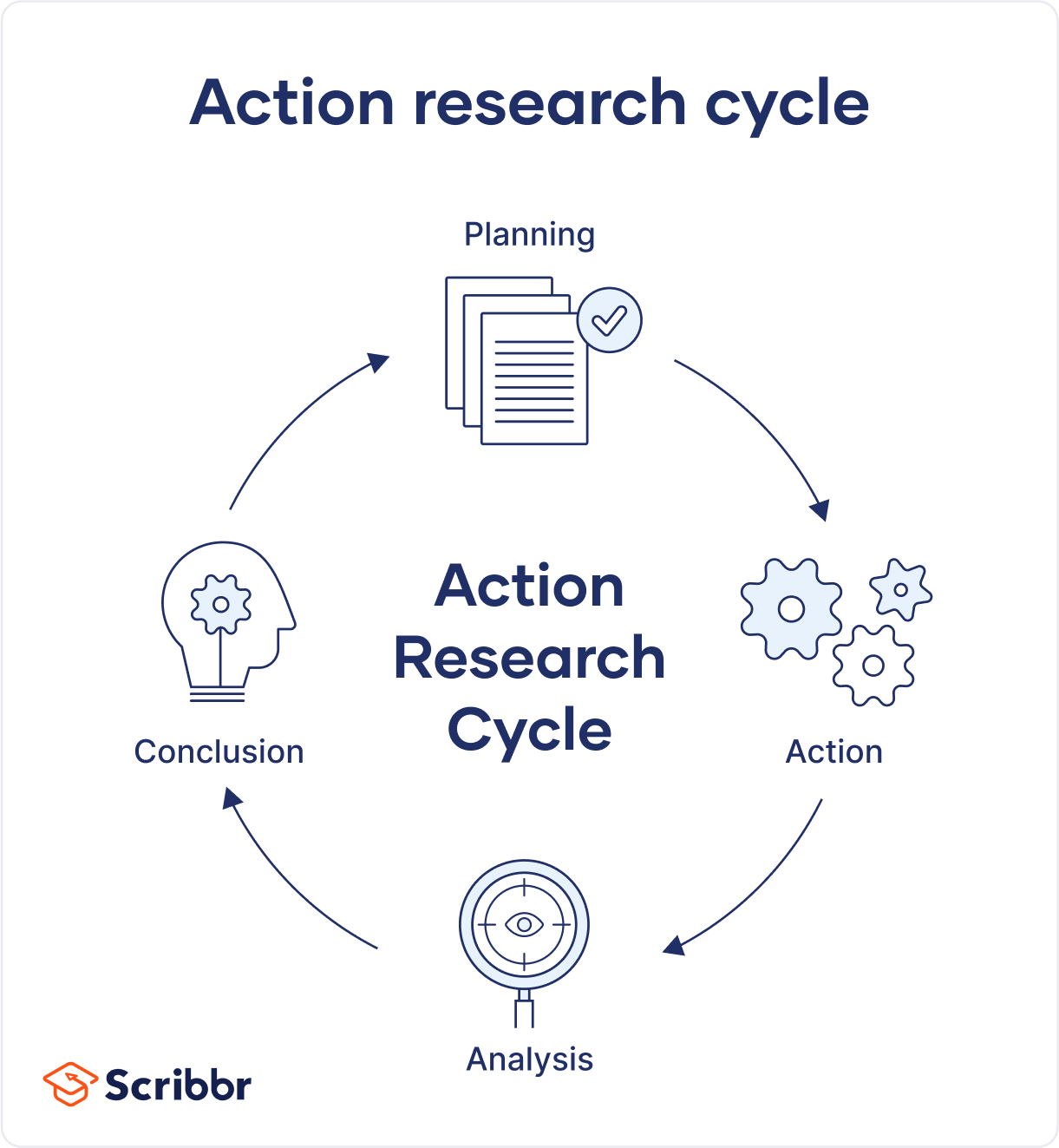Chapter 7 - Sustaining the Momentum
In appreciative inquiry, participants work from a "what if?" perspective, or a strengths perspective. The authors state, "In this approach, inquiry is appreciative, applicable, provocative, and collaborative," (Nussbaum-Beach & Hall 2012). The authors give us a list of assumptions and principles that based on appreciative inquiry. The assumptions are in every group or community, something is working, what people focus on becomes their reality, asking good, generative questions influences people, groups and communities are more comfortable with change when some things that work don't change, language creates reality, and recognizing differences is of value. The principles of appreciative inquiry are what we concentrate on develops into our reality, appreciative inquiry is positive and supportive, change and inquiry are simultaneous, embracing the power of stories changes members' thoughts, and how we behave and think is affected by how we anticipate the future.
In chapter seven, Nussbaum-Beach and Hall, discuss what we can do to help sustain our virtual learning communities. They begin the chapter by discussing the fears many of us have, "What if you work and prepare, but nobody shows up for your network? Or worse, people show up, look around, decide it isn't worth their time, and leave!" (Nussbaum-Beach & Hall 2012). These fears are rational ideas that many of us have when it comes to any sort of gathering that we may be hosting. The authors discuss two strategies that will help engage and keep participants involved which are appreciative inquiry and action research.

According to the authors, action research is "A collaborative activity among committed colleagues looking for answers to everyday, real problems related to classroom instruction, systemic change, or a more global issue," (Nussbaum-Beach & Hall 2012). The steps of action research are identify an issue or possibility, gather data and information about issue, interpret the collected date and develop an intervention or initiative to address the issue, collect date and artifacts after implementing the intervention to determine whether it succeeded, and begin the cycle again.

As a social worker, these are two very important aspects of my career. Collaborative work and learning is essential to a successful social worker's career. Growth and learning is something that will continue throughout my entire career in order for me to be successful. The strengths perspective is something we use in social work and so, the appreciative inquiry is not an odd strategy for me to understand. It is important to focus on strengths of someone in order to solve a problem. While the goal of social work is to help others learn and grow, we also need to do so ourselves.
Comments
Post a Comment